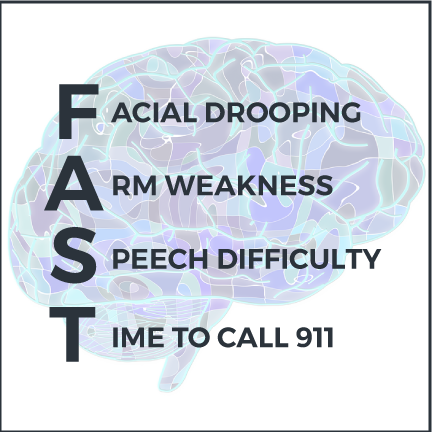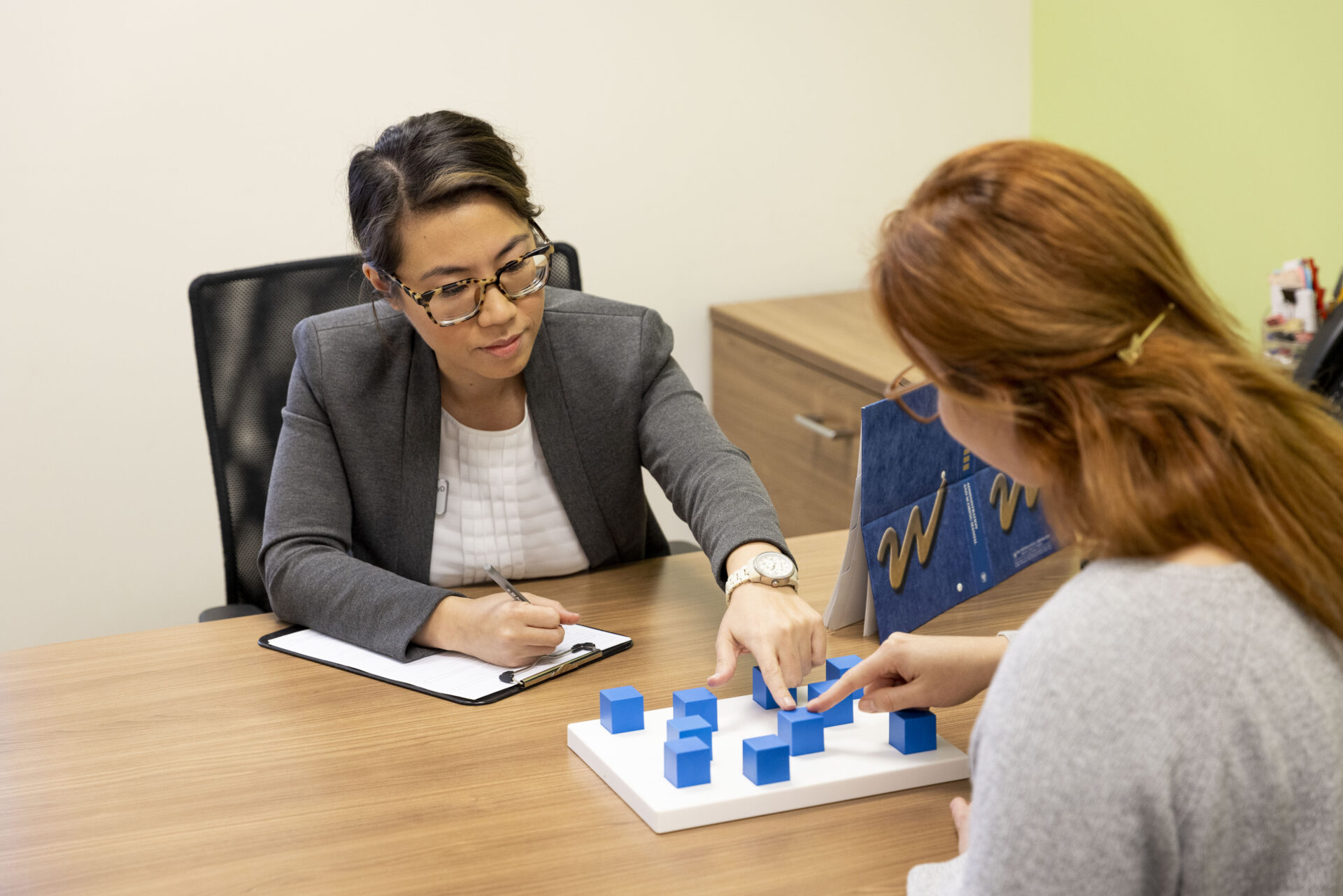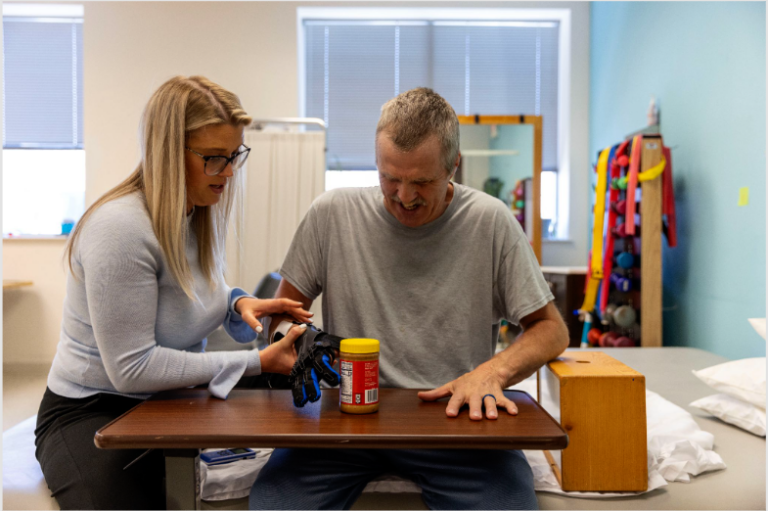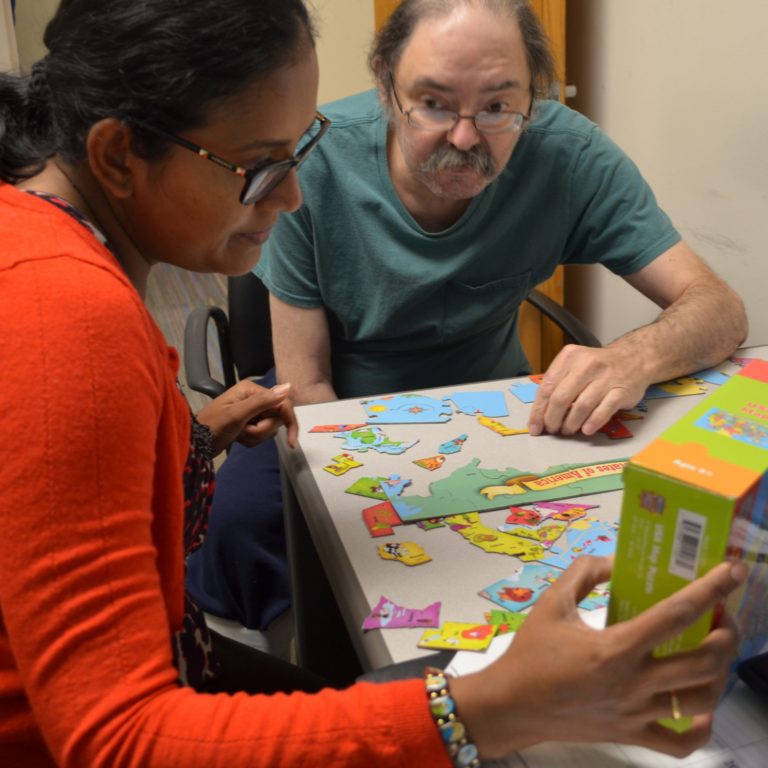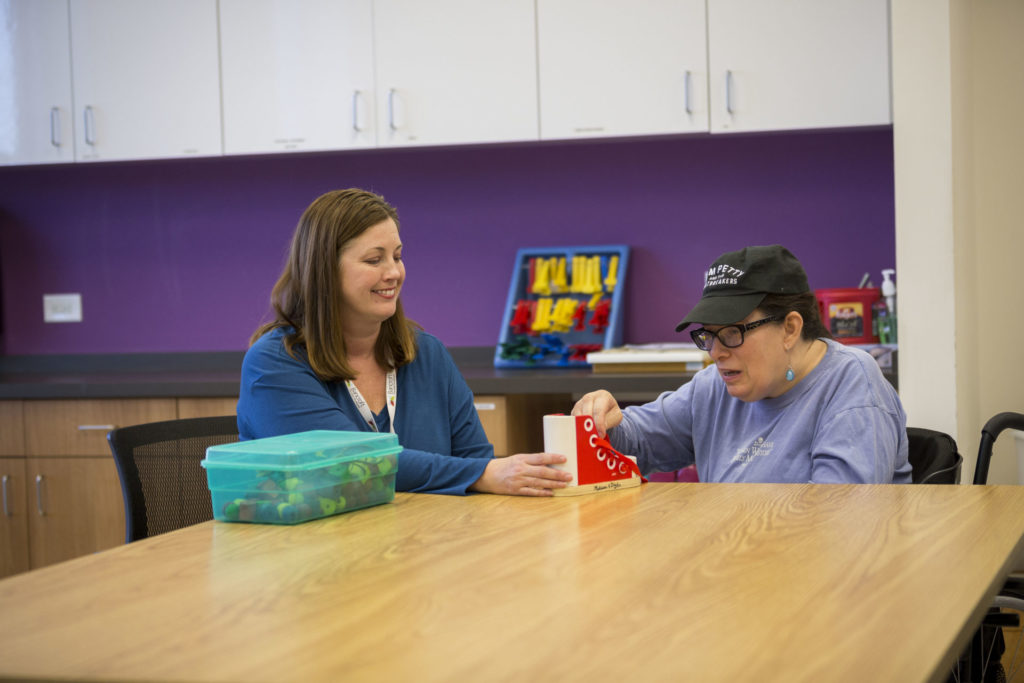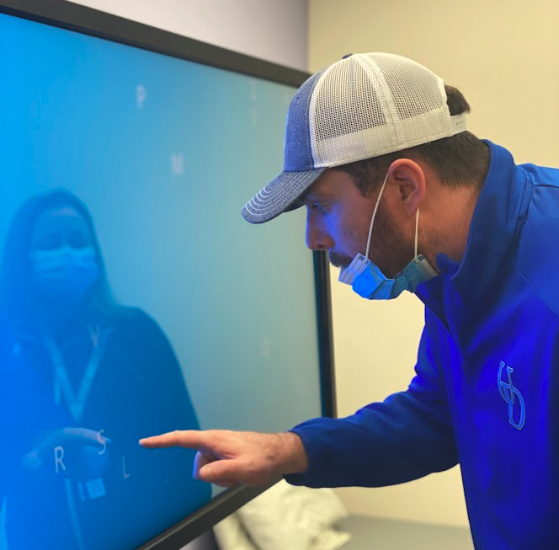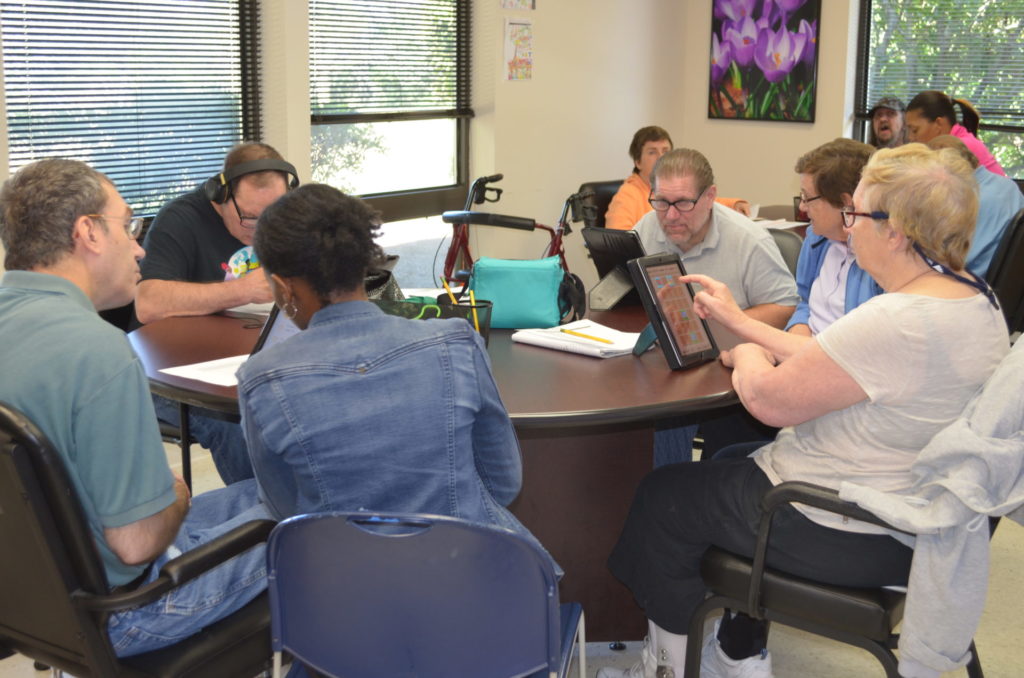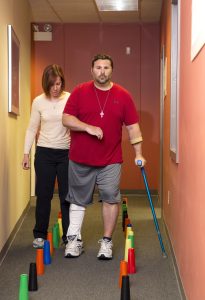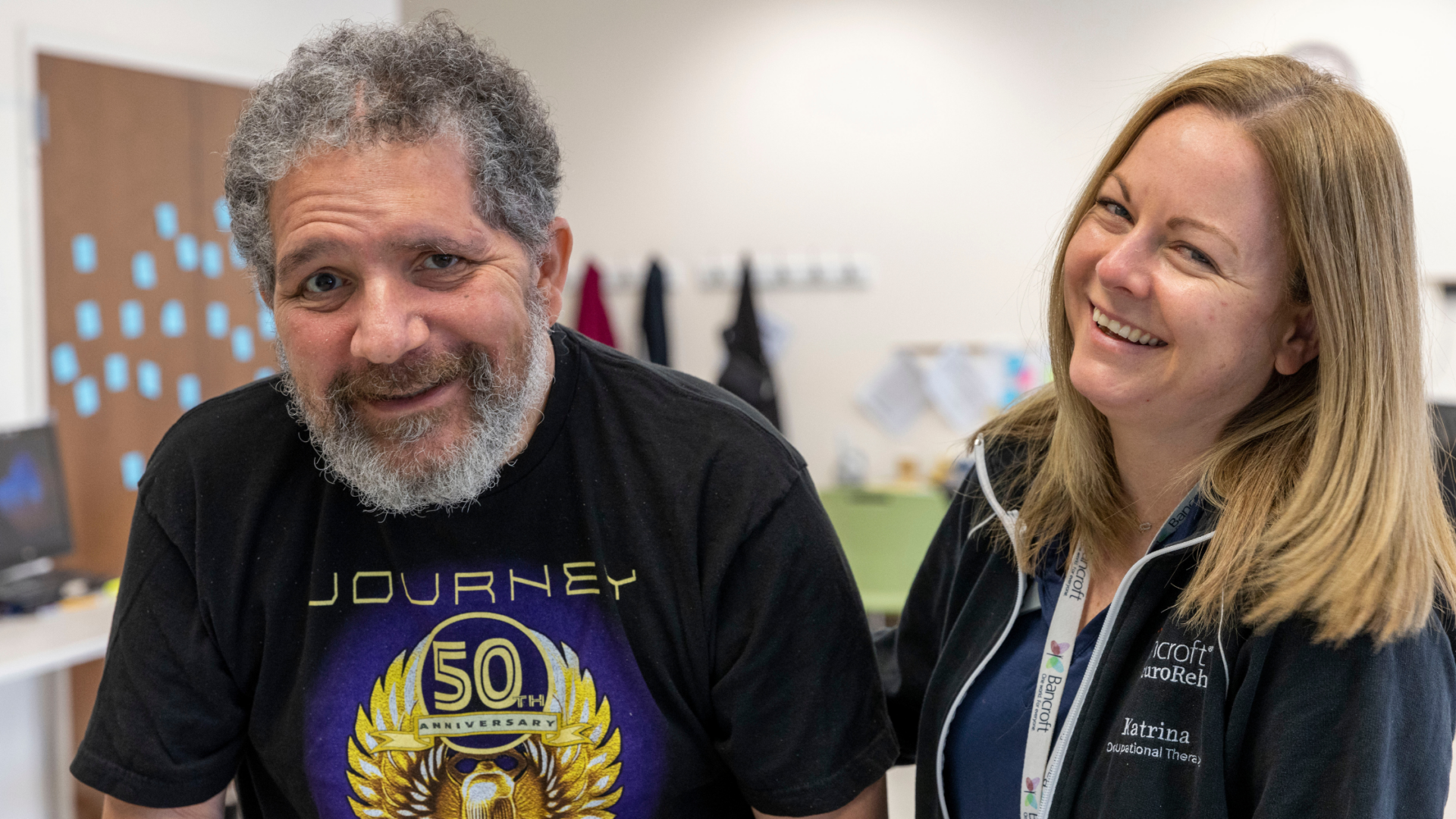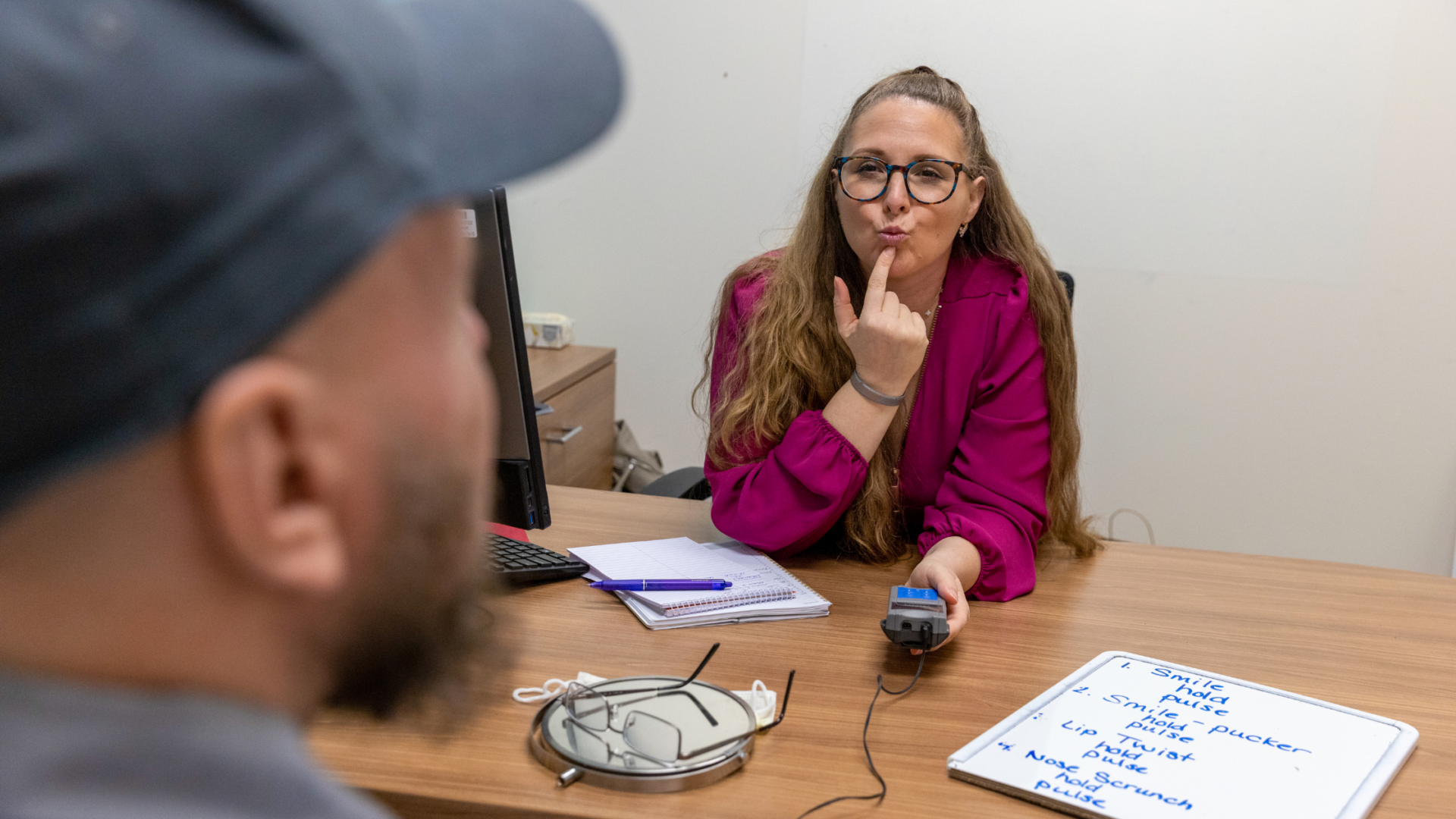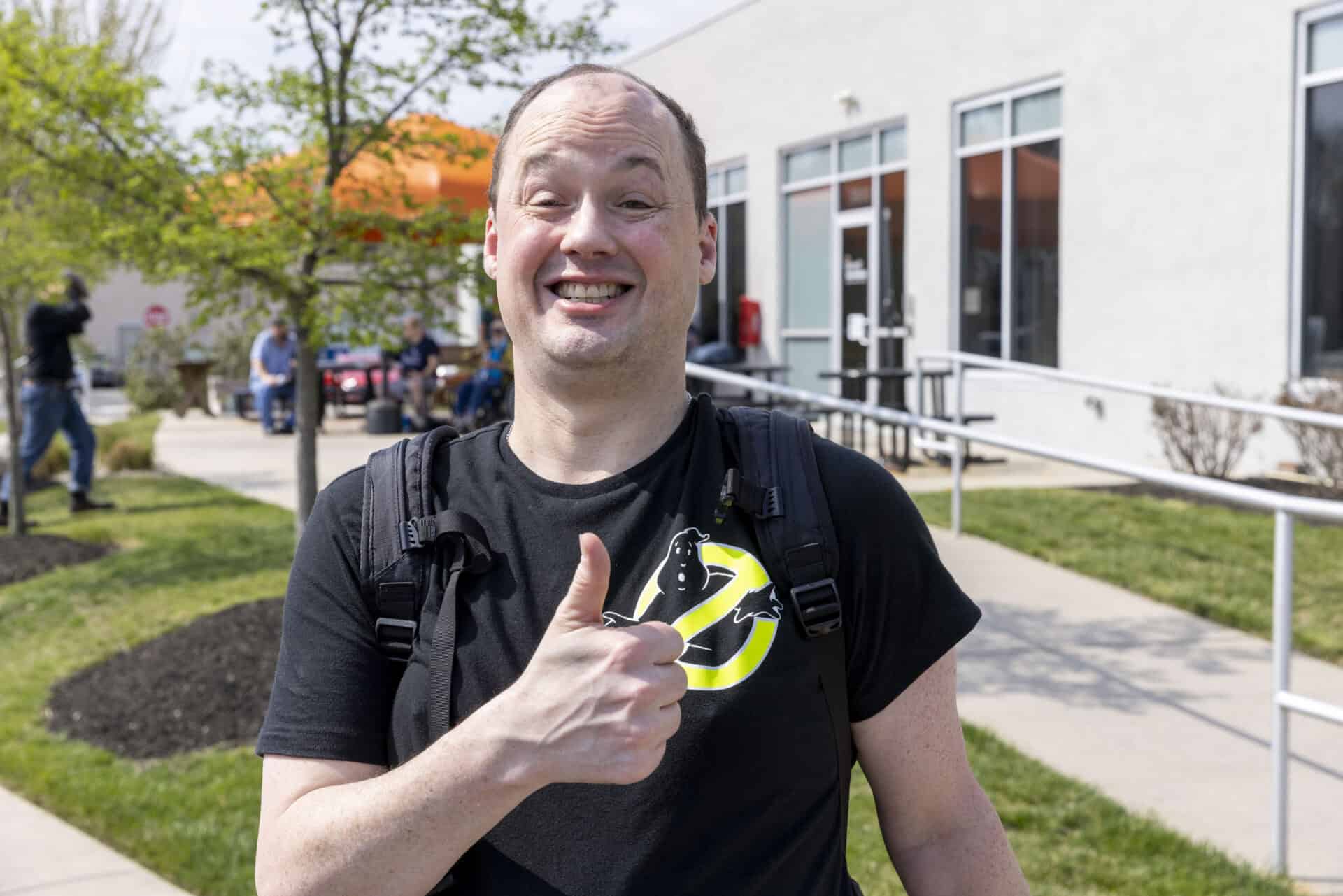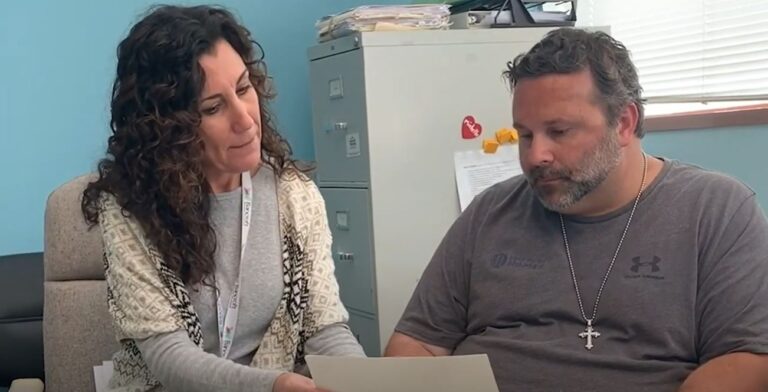

Too Young For a Stroke? Think again.
Stroke is the fifth leading cause of death in our country, so chances are you know someone who has been impacted.
The odds are lower, however, if you know someone in his or her 40s who has suffered a stroke. Often, we consider stroke – what happens when blood flow to an area of the brain ceases – an affliction of an older population, but those numbers are beginning to shift. At Bancroft NeuroRehab, our cognitive rehabilitation therapists support stroke patients and their families as they fight to regain essential life skills – including an increasing number of younger patients. Since stroke is the leading cause of disability in older adults, a younger individual stands to lose his or her livelihood during life’s most productive years, and younger patients carry the potential for a greater lifetime burden of disability.
Some startling facts:
- Forty percent of all moderate-to-severe disability occurs in individuals younger than 55
- Each year 55,000 more women than men experience stroke
- African Americans are more impacted by stroke than any other racial group
- Up to a quarter of all strokes occur before age 65
.
Picture this:
A 49-year-old woman wakes in the middle of the night and senses she’s losing feeling on the left side of her body but assumes she simply slept funny. She doesn’t want to bother her husband and kids at that hour, and since stroke is the farthest thing from her mind at her young and healthy age, she waits until morning as damage to her brain progresses.
With stroke, time lost is brain lost, and it’s crucially important everyone knows the facts.
No one is too young for a stroke, and if patients and their families recognize the signs, proper interventions can reduce a stroke’s debilitating effects. If the patient in our case study, above, had recognized the signs, he would have reduced damage to his brain and body. Remember the below tips and act F.A.S.T. to prevent life-altering consequences:
F: Ask the person to smile, does one side of the face droop?
A: Ask the person to raise both arms, does one arm drift downward?
S: Ask the person to repeat a simple phrase, is their speech slurred or strange?
T: If you observe any of these, time call 9-1-1 immediately!
Stroke incidences in younger patients are on the rise, families can help prevent and recover. Maintain healthy blood pressure and diet and get lots of physical activity. Know your family history, know your risk factors and be prepared, should you spot any F.A.S.T. signs at any age.
